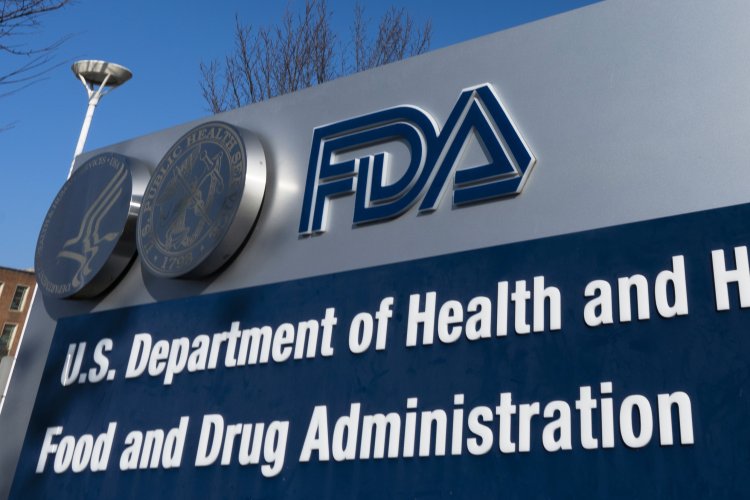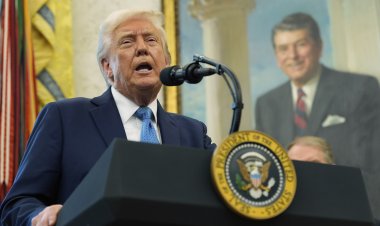The health industry begins to voice concerns about RFK Jr.
While drug and medical device manufacturers did not challenge Robert F. Kennedy Jr.'s confirmation as health secretary, they are now voicing their concerns regarding the agency downsizing he has initiated.

Following the dismissal of thousands of Department of Health and Human Services employees on Tuesday, industry trade groups that have typically aimed to align themselves with the new administration have started to voice their concerns.
“While we support improving FDA efficiency to deliver more affordable generic and biosimilar medicines to patients faster, many of the reported cuts appear to do the opposite," remarked John Murphy, CEO of the Association for Accessible Medicines, which represents generic drug manufacturers.
The Pharmaceutical Research and Manufacturers of America, the influential lobbying organization for the brand-name drug sector, also raised doubts about the rationale behind the extensive cuts at the agency.
“We recognize the need to find efficiencies, but it's critical the FDA has the expertise and capacity it needs to maintain its gold standard regulatory review,” stated PhRMA spokesperson Alex Schriver. “The rapid and substantial changes at FDA this week raise questions about the agency’s ability to fulfill its mission to bring new innovative medicines to patients.”
Among those placed on administrative leave were senior FDA officials such as Julie Tierney, who had recently been appointed acting director of the agency’s biologics center, which oversees vaccines, and Dr. Peter Stein, director of the Office of New Drugs. Additionally, Dr. Hilary Marston, the FDA’s chief medical officer, was also put on administrative leave.
The significant departure of senior leaders and many other staff responsible for tasks like communicating drug and medical device safety information, scheduling travel for inspectors, and developing policy proposals has instilled concern within the various industries regulated by the FDA, which include medical device manufacturers and food producers.
“Lots of concerns about the brain drain and lack of talent pool at FDA, user fees not being used as intended, denting the FDA ‘gold standard,’ and approvals not moving quickly enough which could spook investors away from the sector,” texted one health care lobbyist who requested anonymity to discuss the HHS firings.
Since the FDA partially relies on user fees paid by the companies it oversees to supplement congressional appropriations, some industry leaders had hoped the agency would be insulated from layoffs. Instead, it experienced the most significant reductions among HHS divisions.
Following the forced resignation of top FDA vaccine regulator Peter Marks last week, Biotechnology Innovation Organization CEO John Crowley warned that the loss of leadership at the FDA might compromise scientific standards and hinder the development of new medicines.
Earlier in the year, the medical device industry group AdvaMed protested when hundreds of probationary FDA employees, funded by industry user fees, were laid off. After AdvaMed CEO Scott Whitaker raised objections, many of those employees were subsequently rehired.
This time, however, the group’s response was more cautious, stating that it agreed with Kennedy’s aim to make HHS and its agencies “more efficient and accountable.”
“If it’s true that medical device reviewers and inspectors haven’t been affected, then that is good news,” Whitaker commented in a statement. “Looking forward, our view is that any reduction in force should be accompanied by policy and regulatory improvements that encourage innovation in medtech.”
In contrast, other device associations are openly criticizing the job cuts.
The American Medical Manufacturers Association, which represents producers of medical devices and other equipment, cautioned that job reductions at the National Personal Protective Technology Laboratory could provide an advantage to foreign competitors, such as China.
The National Health Council—which includes AdvaMed and trade organizations representing drugmakers, insurers, and various health industry companies and patient groups—also expressed opposition to the layoffs, stating that they would diminish access to and affordability of health care.
Jessica Kline for TROIB News
Discover more Science and Technology news updates in TROIB Sci-Tech












